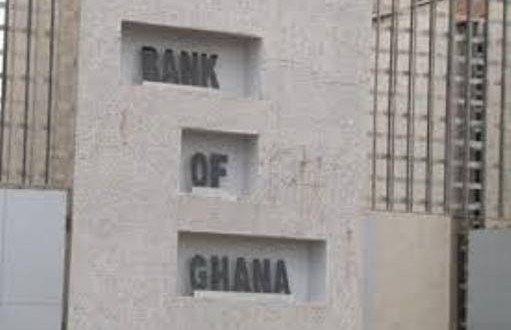A Deputy Governor of the Bank of Ghana, Elsie Awadzi has said that the Central Bank’s recent banking sector clean-up has started to yield positive results.
According to her, the move which led to the collapse of about some banks has helped to stabilize Ghana’s banking sector.
Speaking at ‘World Meets’ in Ghana Investors Forum in Kumasi as part of Otumfuo Osei Tutu II 20th Anniversary celebration, she noted that the intervention by the Bank of Ghana has helped to protect depositors funds and instilled confidence in the Ghanaian banking sector.
“In the banking sector, regulatory reforms we have recently embarked upon have ensure that banks are better capitalized and better governed and we have consolidated the industry from some 35 banks to currently 23 banks.
We can say that these banks are better capitalized, more liquid, stronger and better governance and employ better risk management systems are processes to ensure that the monies that we deposit with them are safe,” she said.
“We have strengthened our regulatory and supervisory framework so that it is more aligned with international best practices,” she added.
BoG reforms
In August 2017, the Bank of Ghana (BoG) gave GCB Bank Ltd the green light to acquire two local banks UT and Capital bank due to severe impairment of their capital.
In August 2018, the Bank of Ghana consolidated five other local banks into what it calls the Consolidated Bank Ghana limited.
The banks were Beige, Construction, Royal, uniBank and Sovereign Banks. Beyond have liquidity challenges, some of them were engaged in activities that the Bank of Ghana considered criminal.
The bank of Ghana in a statement on January 4, 2019, following the expiration of the minimum capital requirement deadline, said, all the 23 remaining banks have met the new minimum paid-up capital of GHC400 million.
The Bank of Ghana further explained that it had revoked the licenses of Premium Bank and Heritage Bank and approved their takeover by Consolidated Bank Ghana Limited.
It said in the case of Heritage Bank; the institution had questionable sources of capital.
Meanwhile, GN Bank has been downgraded into a savings and loans company following its inability to meet the minimum capital requirement.











